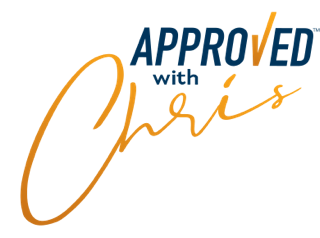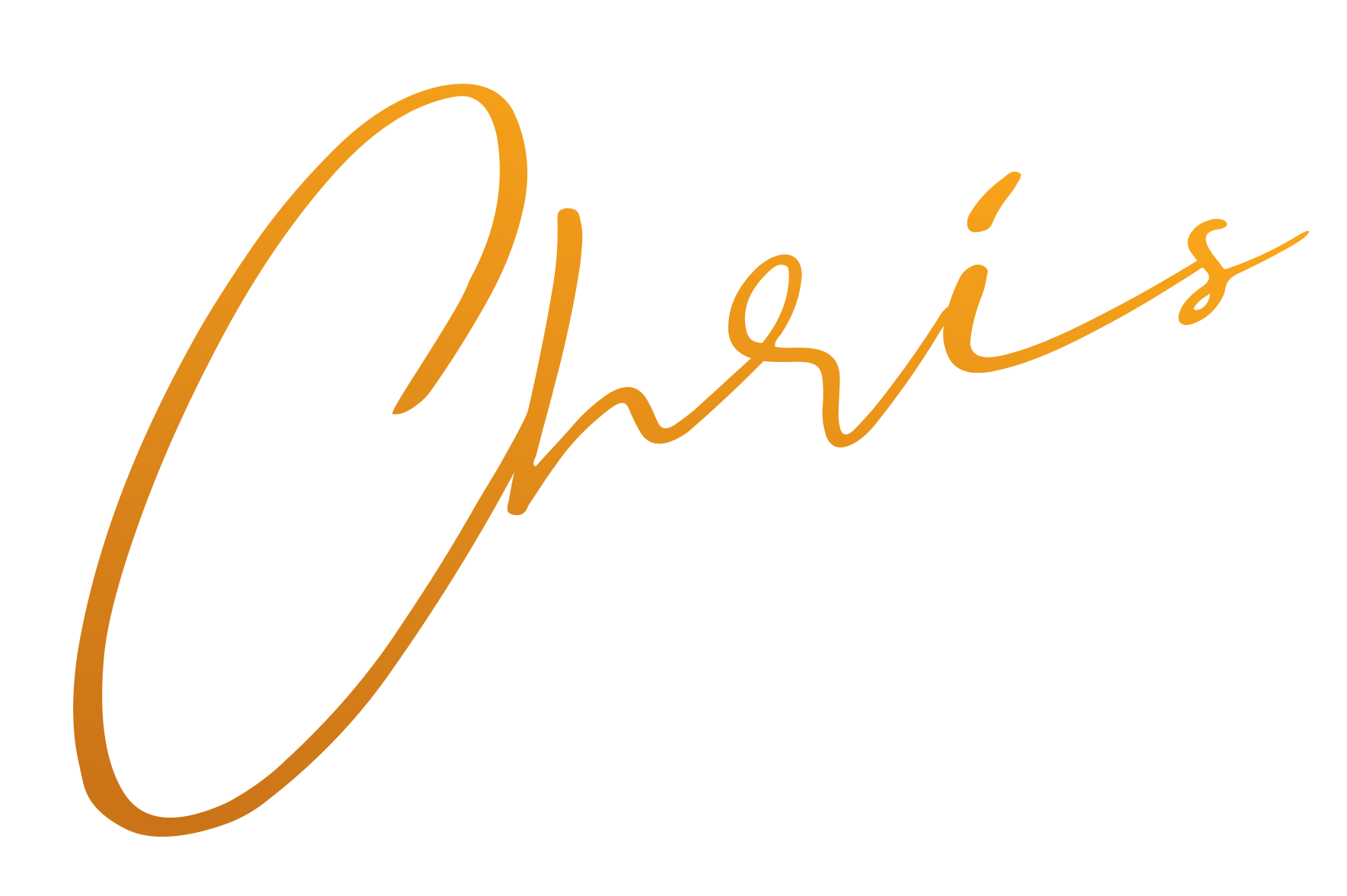Protect Yourself at Renewal
It’s a commonly held belief that if you’ve made your mortgage payments on time throughout the entirety of your mortgage term, that the lender is somehow obligated to renew your mortgage.
The truth is, a lender is never under any obligation to renew your mortgage. When you sign a mortgage contract, the lender draws it up for a defined time, so when that term comes to an end, the lender has every right to call the loan.
Now, granted, most lenders are happy to renew your mortgage, but several factors could come into play to prevent this from happening, including the following:
- You’ve missed mortgage payments over the term.
- The lender becomes aware that you’ve recently claimed bankruptcy.
- The lender becomes aware that you’re going through a separation or divorce.
- The lender becomes aware that you lost your job.
- Someone on the initial mortgage contract has passed away.
- The lender no longer likes the economic climate and/or geographic location of your property.
- The lender is no longer licensed to lend money in Canada.
Again, while most lenders are happy to renew your mortgage at the end of the term, you need to understand that they are not under any obligation to do so.
So how do you protect yourself?
Well, the first plan of action is to get out in front of things. At least 120 days before your mortgage term expires, you should be speaking with an independent mortgage professional to discuss all of your options. By giving yourself this lead time and seeking professional advice, you put yourself in the best position to proactively look at all your options and decide what’s best for you.
When assessing your options at the time of renewal, even if the lender offers you a mortgage renewal, staying with your current lender is just one of the options you have. Just because your current lender was the best option when you got your mortgage doesn’t mean they are still the best option this time around. The goal is to assess all your options and choose the one that lowers your overall cost of borrowing. It’s never a good idea to sign a mortgage renewal without looking at all your options.
Also, dealing with an independent mortgage professional instead of directly with the lender ensures you have someone working for you, on your team, instead of seeking guidance from someone with the lender’s best interest in mind.
So if you have a mortgage that’s up for renewal, whether you’re being offered a renewal or not, the best plan of action is to protect yourself by working with an independent mortgage professional. Please connect anytime; it would be a pleasure to work with you!







